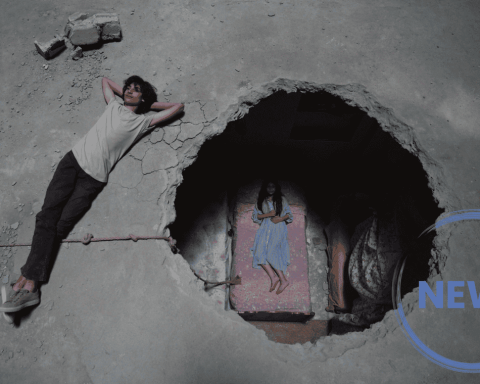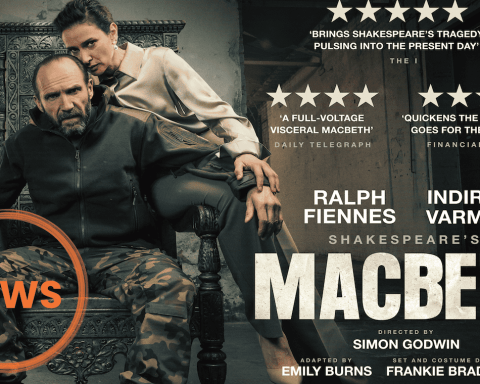Make Way for Tomorrow is available to buy on Criterion limited edition Blu-ray.
“Thanks, but you gave it to me for the wrong picture.” These were the words director Leo McCarey spoke upon accepting his Best Director Academy Award for The Awful Truth in 1937. The picture he referred to – and often proclaimed as his finest – was Make Way For Tomorrow, released the same year. However, for some inexplicable reason, Make Way For Tomorrow has rarely been mentioned among the greatest Hollywood films of the 1930s. But, I believe it to be one of the most engaging discussions on age to have ever graced the screen. The story is about an elderly couple, Bark and Lucy Cooper (played by the wonderful Victor Moore and Beulah Bondi), who lose their loving home and are forced to separate from each other, living with their son and daughter, respectively. They soon find themselves unable to find work due to their age while also becoming a nuisance to their children and carers – ultimately forcing them to face a heartbreaking separation.
The ups and downs the couple faces while separated are beautifully reflected. For example, Lucy’s old rocking chair is placed in the living room of her new home while her daughter-in-law plays bridge with friends. As she sits quietly, trying to enjoy her new life and surroundings, the chair keeps squeaking, annoying those in the room. Here, McCarey subtly portrays the younger generation’s annoyance with her presence, the squeaking chair a mere symbol of their realisation that Lucy ultimately reflects their inevitable future.
Meanwhile, Bark desperately tries to find a job, hoping it will allow him to reunite with Lucy. However, this mission has no joy as his age becomes a barrier to every approach. At one point, Bark passes an employment agency with a “help wanted” sign and wonders whether it could relate to his old career as a bookkeeper, but he cannot see the details through his broken glasses. The slow realisation for Lucy and Bark that they are a growing inconvenience in the lives of their children and grandchildren is both painful and haunting. As Bark falls ill, his daughter seizes the opportunity to send him to live with her sister in sunny California, leaving him no choice but to accept, and Lucy finds a letter that reveals the plans of her son and daughter-in-law to send her to a retirement home.


From the opening credits, the film foreshadows the inevitable and permanent separation of Lucy and Bark, with each scene making it evident that no happy endings are possible. Apart from the film’s opening, the elderly couple only shares the screen a few times, but the most powerful encounter comes at the end as they reminisce about their past life before separating for good. Here, a brief opportunity to be young again is seized as Lucy and Bark take an expensive car for a ride to revisit the hotel where they spent their honeymoon. They spend the whole evening in town, skipping the family farewell dinner to go to the train station before saying goodbye forever. One striking aspect of the film is its brave take on the American Family unit. There are no villains here, although the two children who are housing their parents view their duty as an inconvenience. Interestingly, they reflect on their self-centred behaviour when discussing the possibility of saying goodbye to their parents at the train station, ultimately offering us a glimmer of light.
Another aspect of the film that is both daring and unique is the choice of having an older couple as leads. After all, this was a film made at the peak of the Hollywood studio system, where most releases sought to promote their glamorous leading stars. This, in turn, may explain the lack of Academy recognition. Make Way for Tomorrow defies the template of many similar pictures of the time by rejecting the classic love story. Instead, it replaces this with a divine retrospective of the 50-year-old relationship between two equals, providing us with a universal story that transcends time, culture, and geography. These attributes would lead the legendary Japanese director Yasujiro Ozu to take McCarey’s classic as inspiration for his masterpiece Tokyo Story 16 years later. However, this movie deserves far more attention in the landscape of 30s film and continues to inspire new work to this day.
Director: Leo McCarey
Cast: Victor Moore, Beulah Bondi, Fay Bainter, Thomas Mitchell, Porter Hall, Barbara Read













You must be logged in to post a comment.